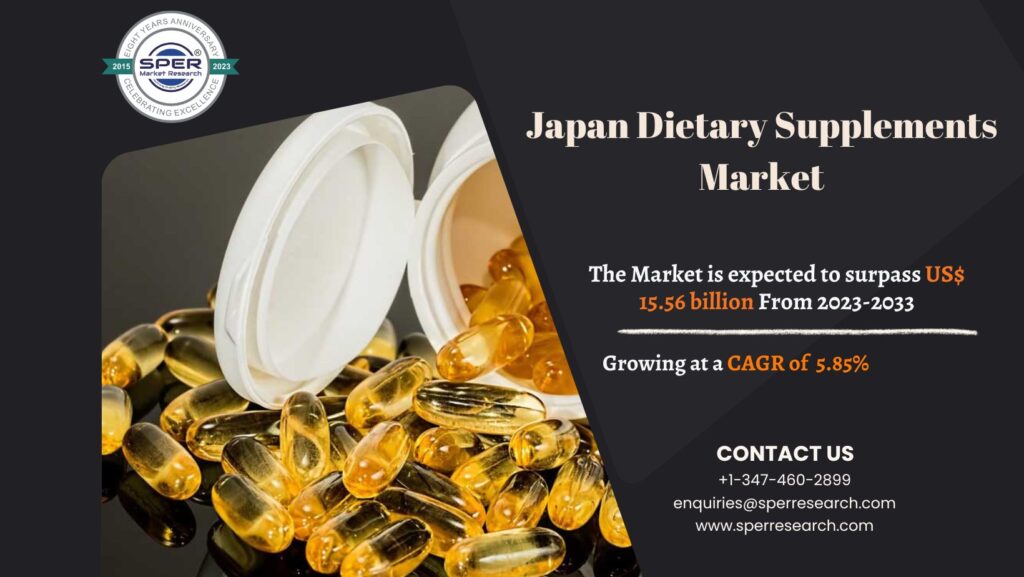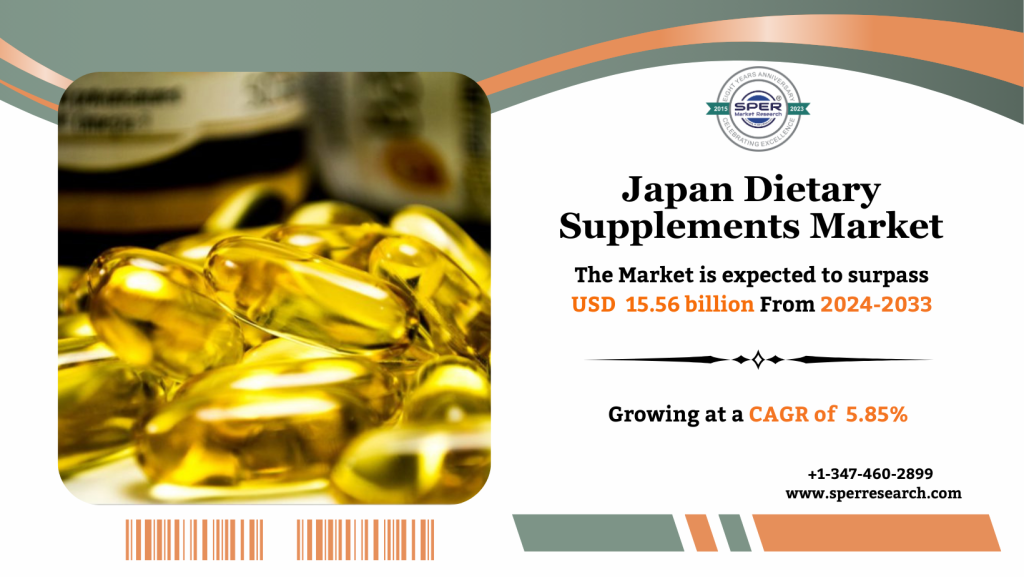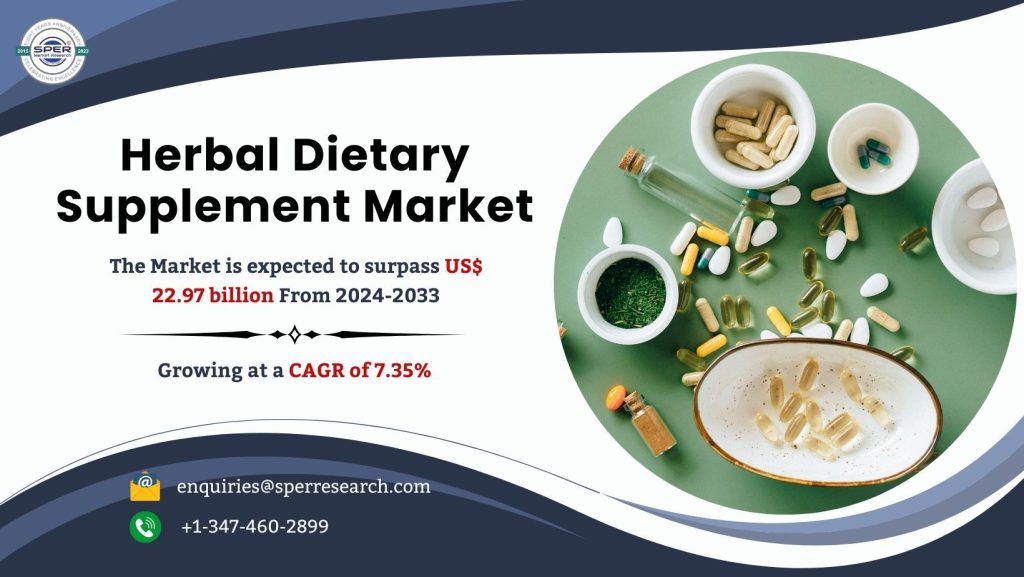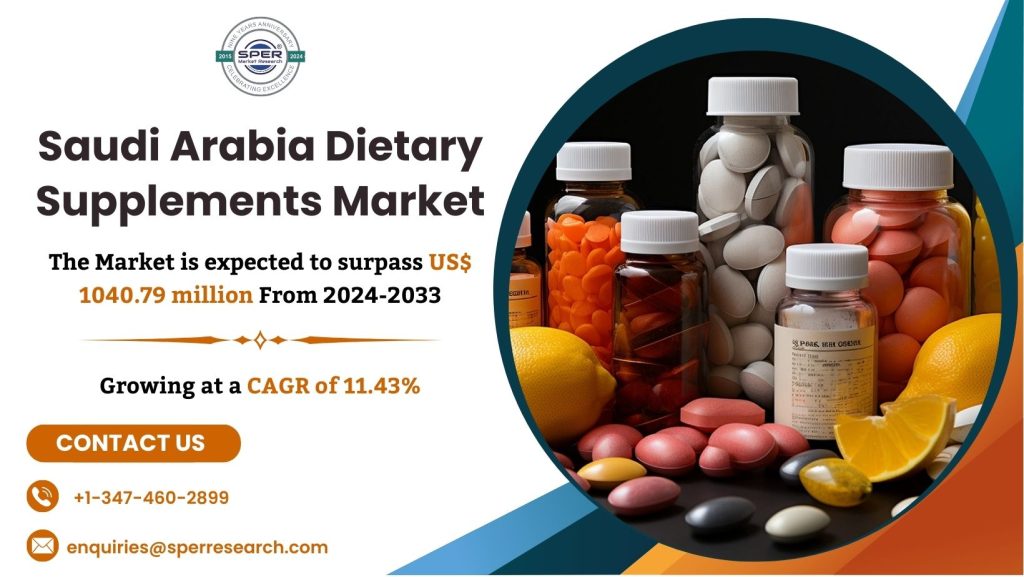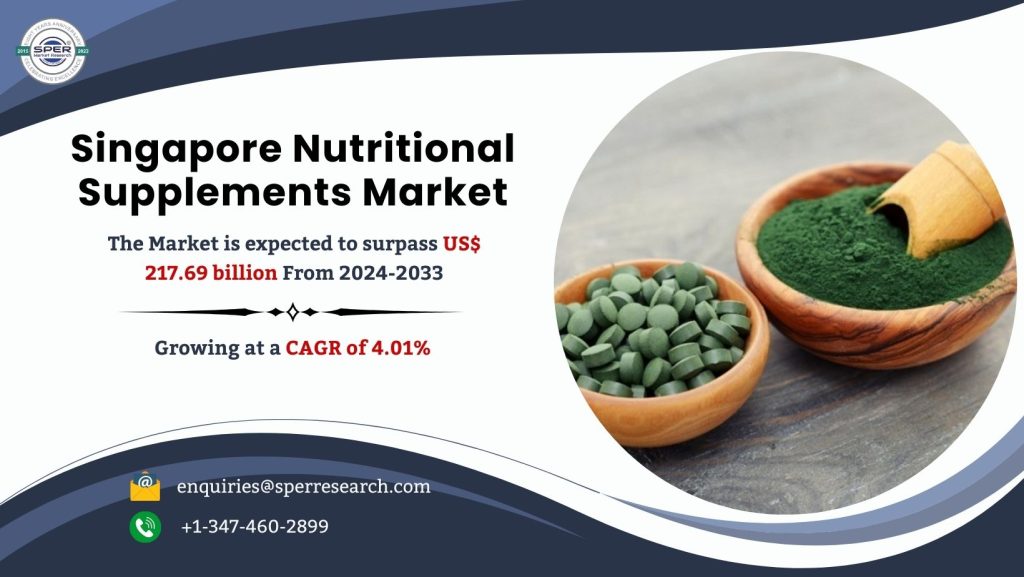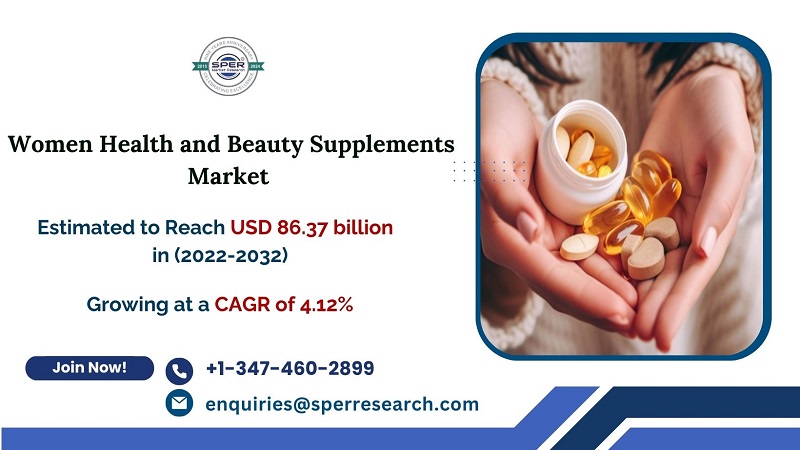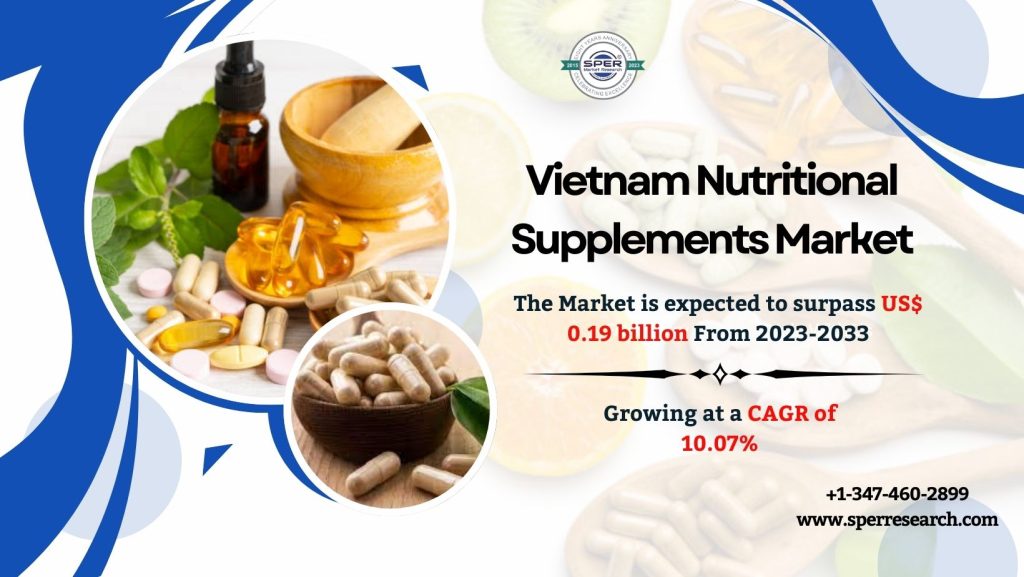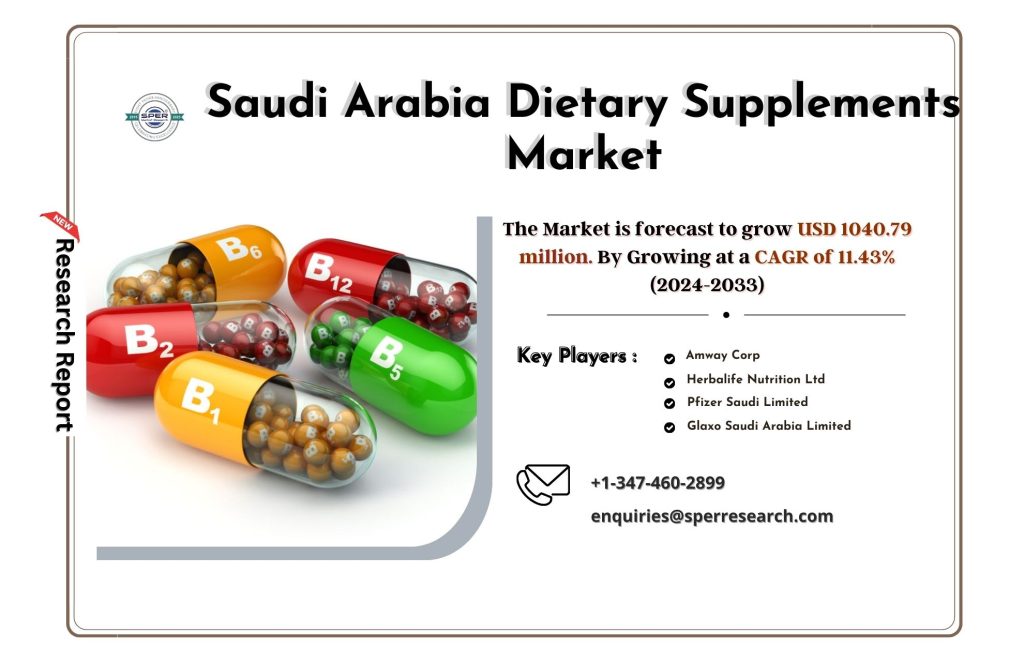Dietary supplements are oral products that include one or more components meant to complement a person’s diet. These components could consist of various substances such as vitamins, minerals, herbs, enzymes, and amino acids. Supplements are available as liquids, powders, tablets, and capsules. Although they are not meant to take the place of a balanced diet, dietary supplements can support particular health requirements, close nutritional gaps, or improve general wellbeing. People who want to prevent vitamin shortages, enhance sports performance, or improve their health frequently utilize them. Still, not all supplements have solid scientific support, and overuse or misuse can have negative consequences. The efficacy and quality of supplements might vary greatly depending on the country’s regulatory criteria.
According to SPER Market Research, ‘Japan Dietary Supplements Market Size By Type, By Mode of Application, By Distribution Channel- Regional Outlook, Competitive Strategies and Segment Forecast to 2033’ states that Japan Dietary Supplements market is estimated to reach USD 15.56 billion by 2033 with a CAGR of 5.85%.
The market for dietary supplements is expanding in Japan as a result of consumers’ growing knowledge of the importance of both physical and mental well-being. Because they reduce stress, it is anticipated that demand for botanical supplements with ingredients like ginseng and ashwagandha would rise. Nutritional supplements that increase energy have become more and more popular, and the most convenient way to consume them is through gummies. They are well-liked among millennials in Japan because of their strong ginseng, guarana, and vitamin B content. The increase in skin and hair issues has caused Japanese customers to purchase health supplements that contain micronutrients such as magnesium, biotin, vitamin E, and vitamin C. Manufacturers are creating health supplements in response to the increased focus on women’s health.
Request a Free Sample Report: https://www.sperresearch.com/report-store/japan-dietary-supplements-market.aspx?sample=1
Despite its maturity and high level of consumer knowledge, the Japanese industry for nutritional supplements confronts a number of obstacles. The aging population is a major problem that both raises demand for health products and puts more pressure on businesses to offer highly effective, scientifically validated supplements specifically designed for older consumers. Another issue is regulatory barriers. Under Japan’s strict Food with Function Claims (FFC) and Food for Specified Health Uses (FOSHU) systems, it is challenging for newcomers to get clearance and successfully promote their products. Furthermore, consumers’ mistrust of unsupported health claims and their increasing inclination toward natural, food-based remedies rather than artificial supplements may restrict market expansion. In Japan, the market for dietary supplements varies by location, with the Kanto region—which includes Tokyo—becoming the largest market sector. Some of the key players are – Takeda Pharmaceutical Company Limited, Otsuka Pharmaceutical Co., Ltd, Daiichi Sankyo Company, Limited, Eisai Co. Ltd, Meiji Holdings Co Ltd.
For More Information, refer to below link: –
Japan Dietary Supplements Market Share
Related Reports:
Saudi Arabia Dietary Supplements Market Size
Vietnam Nutritional Supplements Market Size
Follow Us –
LinkedIn | Instagram | Facebook | Twitter
Contact Us:
Sara Lopes, Business Consultant — USA
SPER Market Research
enquiries@sperresearch.com
+1–347–460–2899
